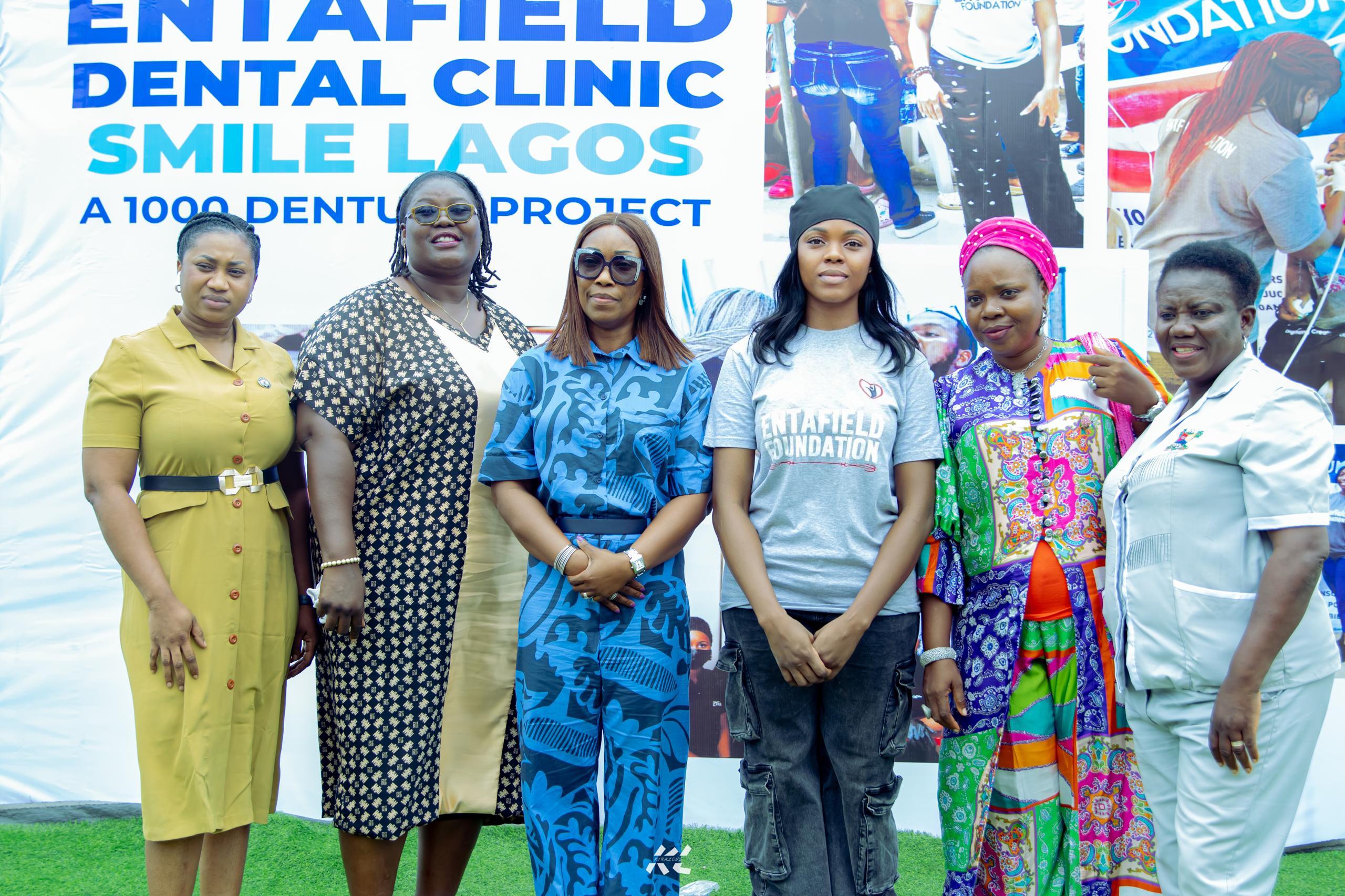WHO tasks leaders to invest in strong disease surveillance systems

…Says, failure to do so will cost Africa $22.4 billion
The World Health Organisation (WHO) has called on African leaders to invest in strong disease surveillance systems that will ensure early detection and response to risks and outbreaks.
The global health body highlights the drastic consequences that could be in store for the region, if countries do not invest in disease surveillance efforts to include a cost of US$22.4 billion economic burden over the next decade.
The WHO Regional Director for Africa, Dr. Matshidiso Moeti, warned that if the current disease surveillance efforts are not maintained, it would lead to more than 900,000 deaths.
“Strong surveillance is the backbone of a functioning health information system, empowering health workers with timely, quality evidence to inform decision-making. To curb the spread of life-threatening diseases, governments must invest in strong and functioning surveillance systems.

‘’With the African Region on the brink of polio eradication, VPD surveillance remains an issue yet to be prioritized by many health leaders.
The Investment case indicates that if current disease surveillance efforts are not maintained, there is a risk to reverse progress made, leading to more than 900,000 deaths.
“VPD surveillance is not only a valuable investment that will help countries reach immunization targets. It is a critical component of broader goals such as Universal Health Coverage and the Sustainable Development Goals and is essential to protecting all of our health security’’, she stated.
For his part, Dr. Richard Mihigo, Programme Manager for Immunization and Vaccine Development at the WHO Regional Office for Africa said that at least $470 million in operating costs will be needed to reach the ambition.
‘’At least $470 million in operating costs will be needed over the next decade to reach this ambition. WHO predicts that the investment would save over 700,000 lives, prevent 20 million people from falling ill due to vaccine-preventable diseases, and save US$21 billion over 10 years estimated to be a 44.6-fold return on investment.’’
“The fact that most countries in the African Region continue to rely on external funding for VPD surveillance is a strong indicator of the work that remains to be done.
“Governments have a central role to play to fill upcoming funding gaps and ensure immunization programmes and surveillance remains strong and vigilant,’’ he added.
Also, Dr. Seth Berkley, CEO of Gavi, the Vaccine Alliance lamented that despite the extraordinary progress boosting vaccine coverage around the world in the past two decades, one and a half million people are still dying from vaccine-preventable diseases every year.
“Despite extraordinary progress boosting vaccine coverage around the world in the past two decades, one and a half million people are still dying from vaccine-preventable diseases every year.
“Our biggest challenge in reducing the horrific toll these diseases still cause is finding the children who are still missing out on vaccines.
That is why improved vaccine-preventable disease surveillance systems are so important, helping health authorities to identify the areas where immunization coverage is weak and protect those children who are currently left behind.’’
Meanwhile, the Director of Global Health at the UN Foundation, Elizabeth Ivanovich, has said that a private sector firm has already pledged the sum of $5 million to support and strengthen VPD surveillance efforts in the African Region.
FG to vaccinate 28million children against measles, meningitis
‘’A private sector firm has already pledged $5 million over the next five years, beginning in 2020, to support and strengthen VPD surveillance efforts in the African Region.
‘’We hope that this first pledge in support of the VPD surveillance investment case will be catalytic and will encourage other traditional and non-traditional donors to consider this critical area of work, including how the private sector and governments can work closely together to ensure we successfully bridge funding gaps,” she added.
Daily Times recalls that African leaders had at the African Union Summit held in Addis Ababa in January 2017, endorsed the Addis Declaration on Immunization (ADI), pledging to ensure that everyone in Africa regardless of who they are or where they live receives full benefits of immunization, and committing to increase political and financial investments in their immunization programmes.








